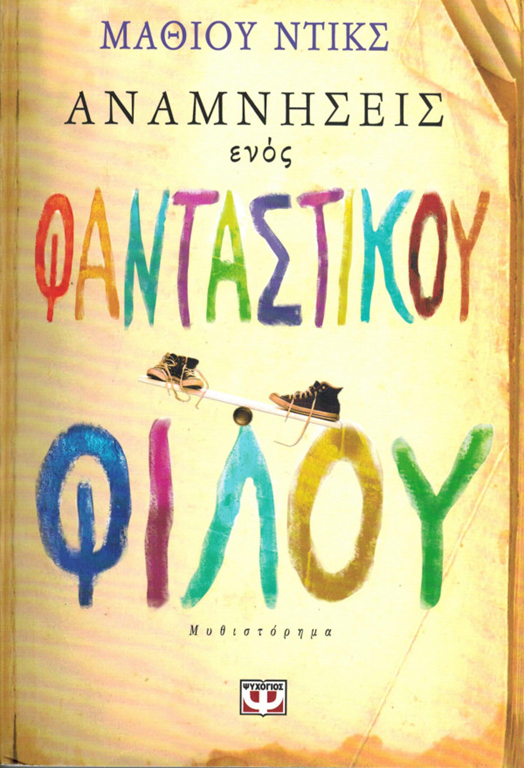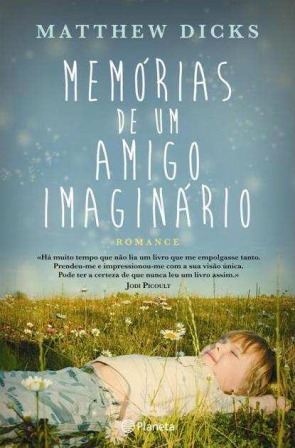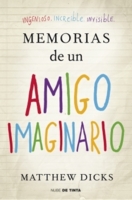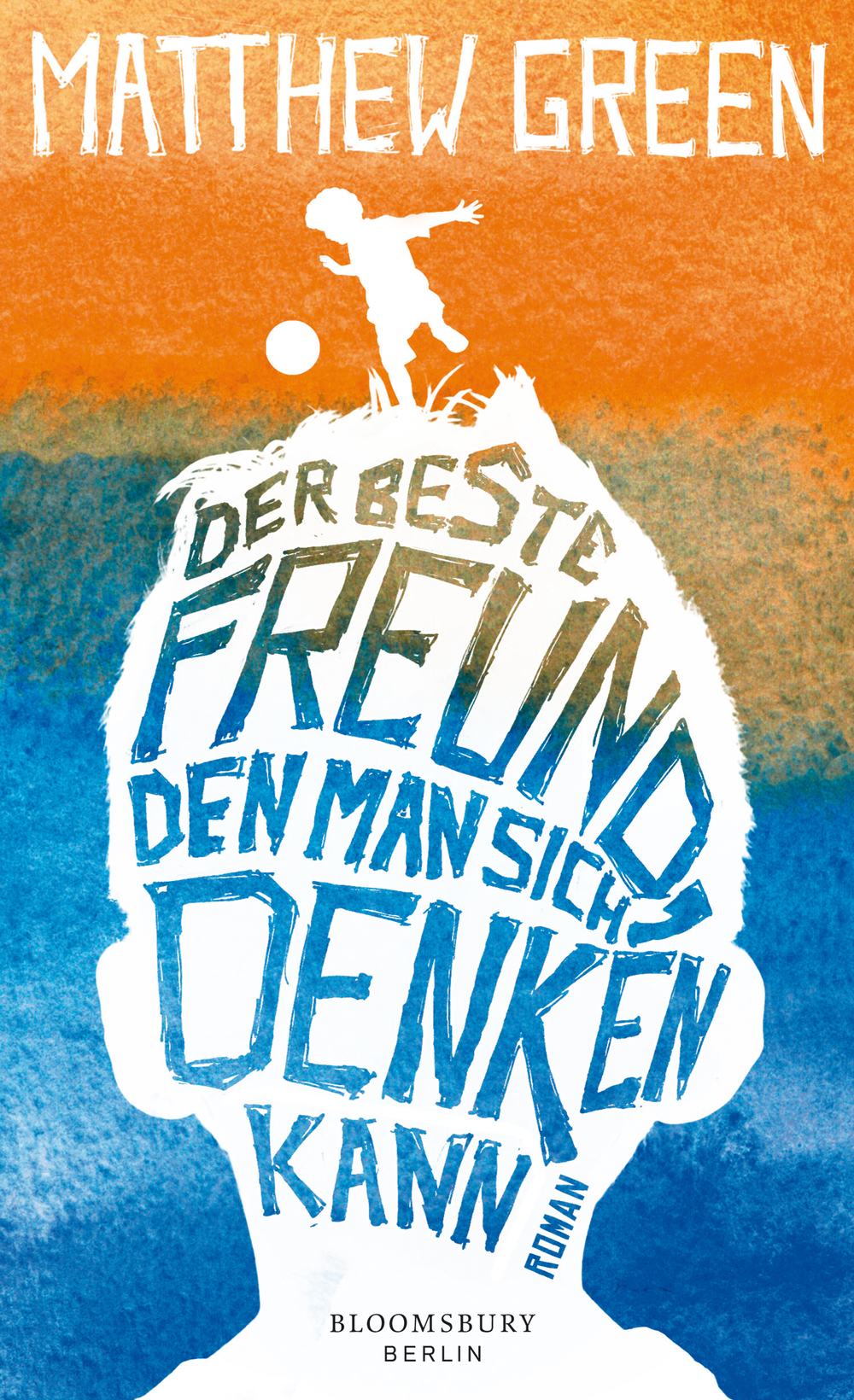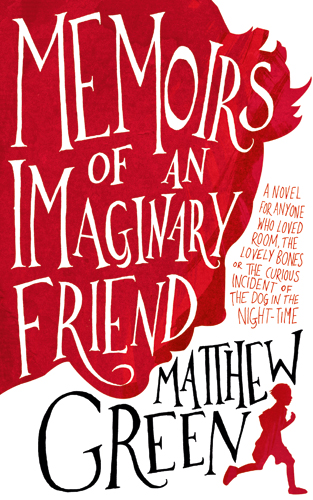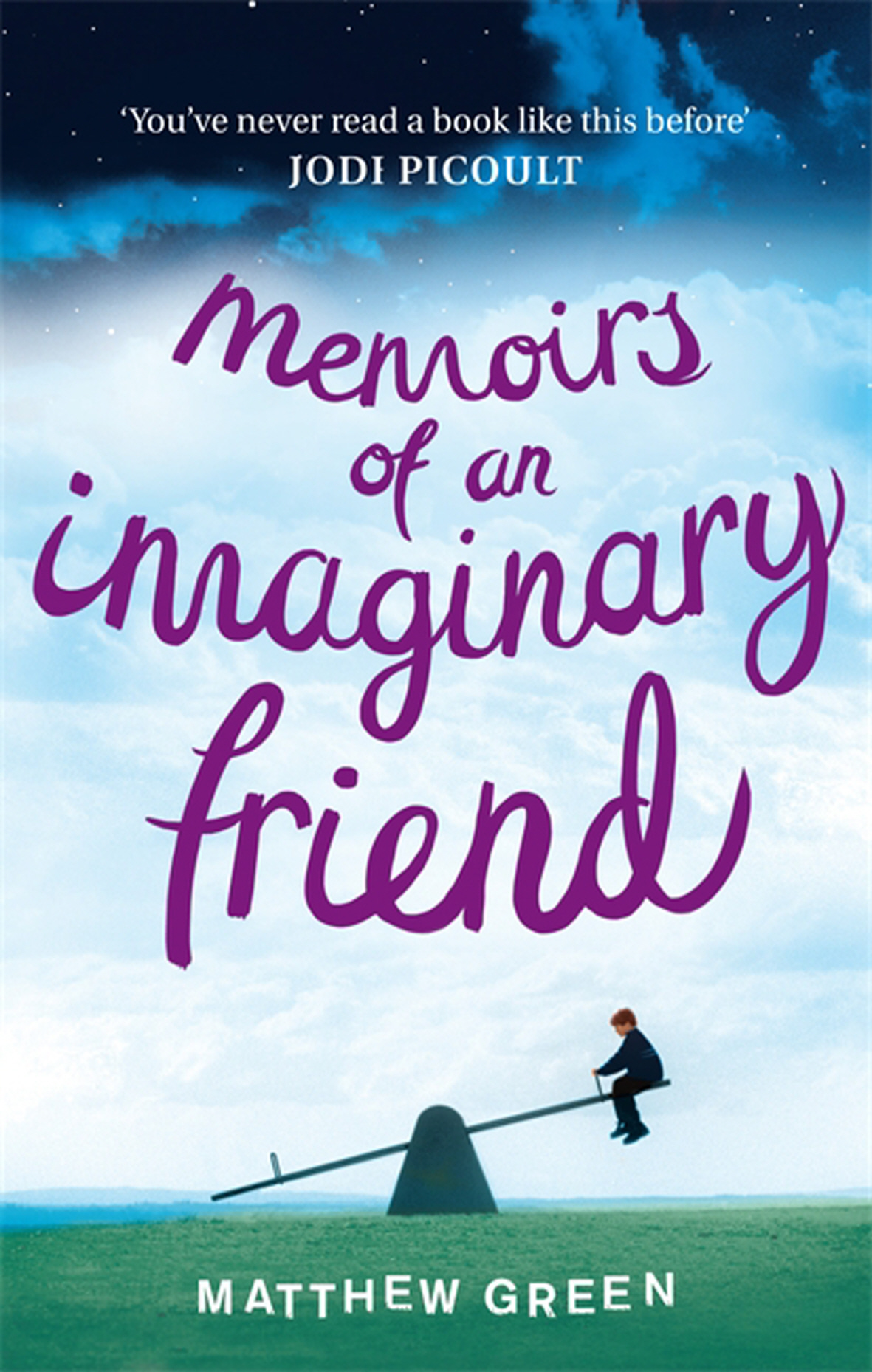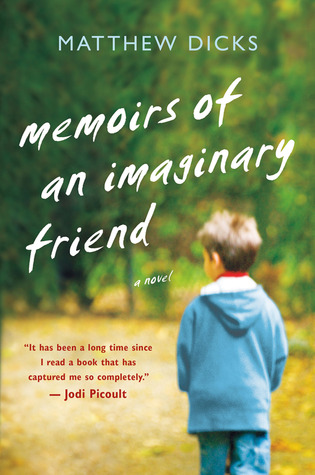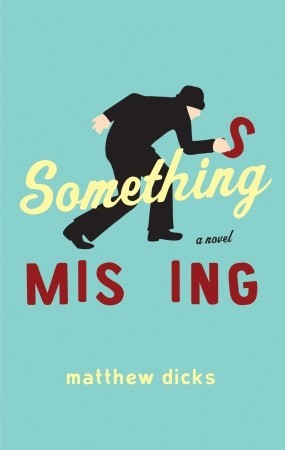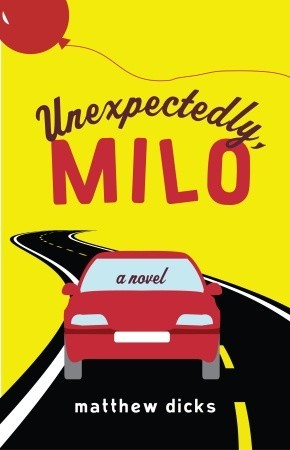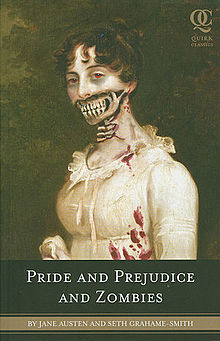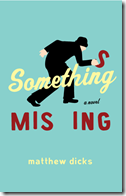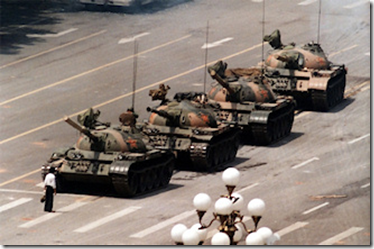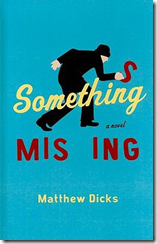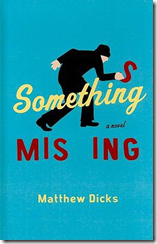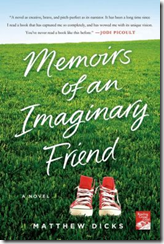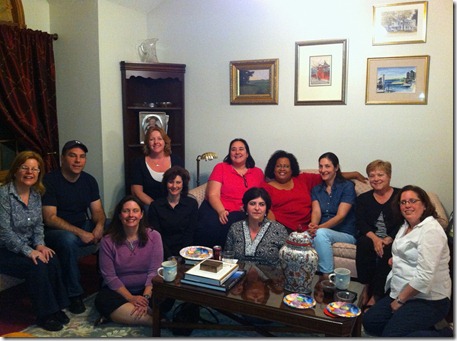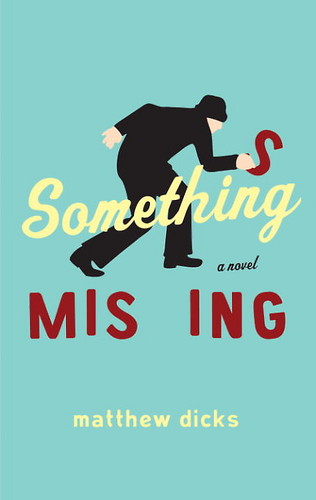A few years ago, I posted a list of all the jobs I have held in my life in chronological order.
It was an interesting exercise that I highly recommend.
Things have changed since I first posted the list, so here is my updated list:
1. Farm laborer, Blackstone, MA: When I was 12-years old, I began working for Jesse Deacon, an aging farmer in need of some help. Every Saturday, I would spend 4-6 hours loading hay onto trailers, mucking stalls, repairing fence lines, and other typical farm chores. I earned $50 a day for the work and was happy to get it.
2. McDonald’s restaurants, Milford, Norwood, Brockton, Hanson, Bourne, MA: My illustrious and rather sordid career with McDonald’s began when I turned 16-years old. My friend, Danny Pollock, heard that the McDonald’s in Milford, MA was hiring, so even though Milford was more than 30 minutes from my hometown of Blackstone, Danny and I drove out there for interviews and were hired on the spot. We started out just above minimum wage, $4.65 per hour. Danny didn’t last long and eventually became a dishwasher across the street, but I stuck, eventually being promoted to manager when I was 17-years old. I can still remember sitting in history class with my professional development binder from McDonald’s, studying for my management exam when I was supposed to be reading about the Great Depression. I stayed with McDonald’s after graduation (college was not an option for me after high school), eventually moving to Norwood with my store manager and later to Brockton, Hanson (where I opened a new store), and Bourne, where I was eventually fired after being arrested for grand larceny.
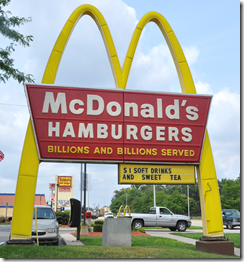
3. Cobra Marketing, Foxwood, MA: After being fired from McDonald’s, I was hired by Cobra Marketing, a company that marketed consumer products to employees at a variety of businesses throughout the state. I began as a salesman, dropping off samples to businesses early in the week and then returning for orders at the end of the week and earning my salary strictly through commission. I worked in the book division, which meant that the samples I was dropping off to businesses were all books. Eventually I was promoted and was placed in charge of a sales team.
4. Cobra Marketing, Washington, DC: Following my promotion, I was sent to Washington, DC for four months to establish a new office for the company. A team of eight people from Connecticut spent the summer of 1993 living in a two-bedroom apartment in College Park, Maryland. During this time we hired, trained, and put the systems in place that would allow the business to function on its own once we returned to Massachusetts. Having lost the coin toss for one of the two beds in the apartment, I spent the four months sleeping on an air mattress in a walk-in closet with a girl named Kim. It was during this time in Washington that I met Ted Kennedy, shook Cal Ripken’s hand, and was mugged at knife point.
5. South Shore Bank, Stoughton, MA: After returning to Massachusetts and resuming the sales routine, I decided to move on and was hired to work as a teller by South Shore Bank (later Bank of Boston), the same bank that would later testify against me during my grand larceny trial.

6. McDonald’s, Brockton, MA: Needing to pay for my legal defense, I also went to work for a privately-owned McDonald’s restaurant in Brockton, across town from the company-owned store where I had worked years before. My girlfriend at the time was working in the company-owned store, as were the Jehovah Witnesses with whom I was living. I would work at the bank from 7 AM- 4 PM and would then manage the closing shift at McDonald’s, working from 5 PM until 1:00 AM. I did this for eighteen very long months until my trial concluded and I was found not guilty. It was while managing this restaurant that I was robbed at gunpoint.
7. Legal Copy Service, Hartford, CT: Having been found not guilty at my trial, I was free to leave the state, so I moved to Connecticut, chasing a girl and my best friend. I landed my first job at a legal copy service in downtown Hartford. Beginning as a machine operator but unable to stand the monotony of the work, I eventually managed the company’s delivery service until finally quitting after less than four months on the job.
8. The Bank of Hartford, West Hartford, CT: Needing to earn more money, I went back into banking, landing a job at the now defunct Bank of Hartford on Park Road in West Hartford. I was eventually promoted from teller to customer service representative but left after a year when I decided to go to college and was in need of a more flexible schedule.
9. McDonald’s, Hartford, CT: Negotiating a decent salary and a flexible schedule because of my experience and expertise, I went back to work for McDonald’s, this time managing a company owned store on Prospect Avenue in Hartford. I would work from 5 AM- 1PM on Monday, Wednesday, and Friday, plus ten hours a day on Saturday and Sunday while going to school, first at Manchester Community College and later at Trinity College and St. Joseph's College.
10. Trinity College, Hartford, CT: While attending Trinity College, I was hired as a writing tutor in the school’s Writing Center. I would spend about three hours each evening teaching freshmen to write a clear and grammatically correct sentences and helping seniors to edit and revise their thesis papers. My name actually appears in the acknowledgements of several thesis papers in the Trinity College library.

11. Jam Packed Dance Floor DJ’s: It was while I was attending Trinity and working for McDonald’s that Bengi and I went into the disc jockey business, entertaining at weddings throughout Connecticut and Massachusetts. We went from booking three weddings in 1997 to 41 weddings in 1998 and have been going strong ever since.
12. Kindergarten tutor, Wethersfield, CT: When I began student-teaching in the spring of 1999, I left McDonald’s for good in order to accommodate the full-day schedule that student-teaching demanded. To supplement the loss in salary, I began tutoring underprivileged kindergarten students for the town of Wethersfield for a period of about six months. The time that I spent with those kids convinced me that kindergarten was not for me.
13. Substitute teacher, New Britain, CT: Having completed my student teaching in early May, I went to work as a full-time substitute teacher in New Britain, the town in which I had done my student teaching. I worked nearly every day until late June, teaching everything from bi-lingual kindergarten to high school physical education.
14. Teacher: In the summer of 1999, I was hired to teach at my current school. I’ve been there ever since.

15. Minister: After becoming ordained by the Universal Life Church, I began conducting wedding ceremonies and baby naming ceremonies as a minister. Many of the wedding ceremonies (but not all) have been booked in conjunction with the DJ business, and I have since branched out into other areas of ministerial work as well. One family actually refers to me as their "family minister".
16. In 2007, I sold my first book, Something Missing, to Doubleday Broadway and became a professional author. I had made a little money publishing pieces in newspapers, magazines and professional journals prior to the purchase of my novel, but it had never amounted to much. Since then I have also published Unexpectedly, Milo, Memoirs of an Imaginary Friend, and the upcoming The Perfect Comeback of Caroline Jacobs. Writing has become a full time career for me.
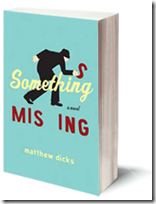
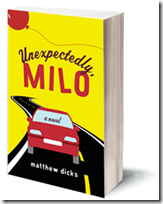
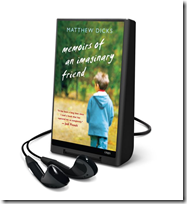
17. Life coach: After learning about the existence of life coaches from one of my wife's friends, I decided that I was eminently qualified for the job. I began my career as the pro-bono life coach for a colleague and friend but have since been hired by my first client.
18. Spean Up: In 2013 my wife and I launched Speak Up, an organization dedicated to the art of storytelling. We produce shows in conjunction with Real Art Ways, teach workshops to people interested in improving their speaking and storytelling abilities, and have recently begun schedule shows at outside venues.
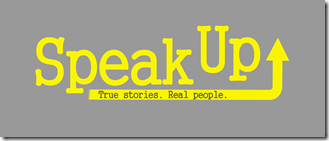
19. Tutor: I have tutored off and on for several years but have recently been hired by clients on a more long-term, regular basis.
20. Professional speaker: As a storyteller, I am often paid to take the stage and perform. In addition, I am a member of the Macmillan Speaker’s Bureau and have begun to be hired to speak publicly on a number of topics, including education, motivation, and storytelling.
21. Columnist: In the spring of 2013, I was hired as the humor columnist for Seasons magazine.

There was a time when my blogging brought in a little money each month when I was serving advertising, but nothing has panned out to the point of real profit.
I still have dreams of becoming a professional best man (I have been offered jobs four times but was forced to decline because of distance), a gravesite visitor and a professional double date companion (with my wife). I would also like to earn more money blogging and am currently working on making that happen.
But for now, I’m pretty happy as a writer, a teacher, a life coach, a DJ and an occasional minister.
Had you asked the ten-year-old version of me what I wanted to be when I grow up, I would’ve said teacher and writer. For a long time, I said that I wanted to “write for a living and teach for pleasure.”
I’m not there yet, but it’s not as far away as it used to be, either.

